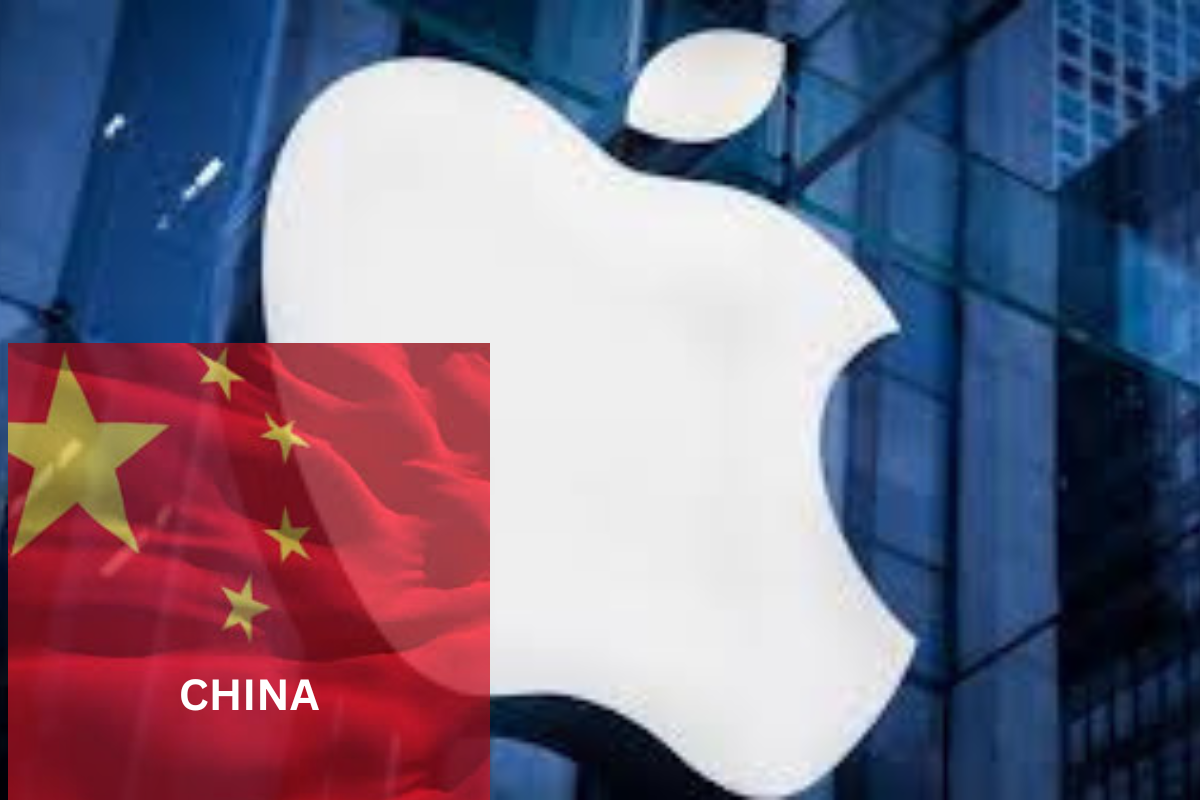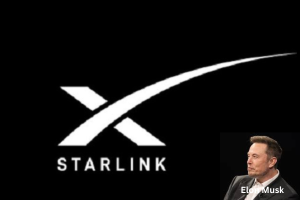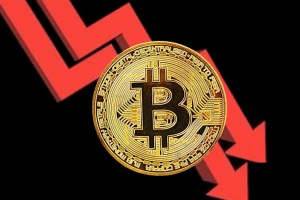According to market data, Apple suffered from Huawei’s new product introductions in the premium segment, which caused the iPhone maker’s smartphone shipments in China to fall 19% in the first quarter of the year—the lowest since 2020.
From 19.7% a year earlier, Apple’s share of the largest smartphone market in the world dropped to 15.7% in the first quarter. That nearly put it on par with Huawei, whose sales increased by 70%, according to research firm Counterpoint.
Rival Vivo overtook Apple as the country’s top smartphone seller, with Apple dropping to third place during the quarter. Huawei, on the other hand, saw a sharp increase in its market share, rising from 9.3% to 15.5% in the previous year. In second position was Honor, a mass-market brand that Huawei separated.
“Huawei’s comeback has directly impacted Apple in the premium segment. Besides, the replacement demand for Apple has been slightly subdued compared to previous years, ” Counterpoint analyst Ivan Lam said in a press statement.
“For the second quarter, the possibility of new color options combined with aggressive sales initiatives could bring the brand back into positive territory,” Lam stated, pointing out also that it is seeing a slow but steady increase in weekly iPhone sales.
Approximately 17% of Apple’s total revenue was earned in China, the company’s third-largest market, during the October–December quarter.
Its decline in market share in China follows other data released earlier this month that revealed the American company’s global smartphone shipments fell by about 10% in the first quarter of 2024 because of growing competition from Android smartphone makers, with Samsung Electronics being at the forefront.
In the first quarter, Samsung overtook Apple as the leading phone manufacturer.
Apple’s stock fell 0.4% in Tuesday’s premarket trading. This year, the stock has lost almost 14% of its value, and on Friday it reported its worst weekly performance in more than eight months.
Apple ran promotions in China throughout the first quarter of this year to lure customers with discounts. Some of these campaigns included up to 1,300 yuan ($180) in discounts for specific iPhone models.
After releasing the Mate 60 series in August, Huawei unveiled the Pura 70 series of high-end phones last week. Because the Mate 60 phones use a cutting-edge chip built in China, it was hailed as a victory over the U.S. sanctions against the company and as a return for the Chinese company in the high-end market.
The processor underlying Huawei’s flagship phone is not as sophisticated as American chips, according to U.S. Commerce Secretary Gina Raimondo, who claimed on Sunday that this proved American export restrictions on the telecom equipment giant are effective.
The Pura 70 series is expected to be among the 10 million units shipped in China this year, according to research firm TechInsights, based in Canada. With a 19% market share, Huawei would become the top supplier, up from 12% in 2023.
According to Counterpoint, the first quarter saw a 1.5% gain in the Chinese smartphone market, which is the second consecutive quarter of positive growth.







